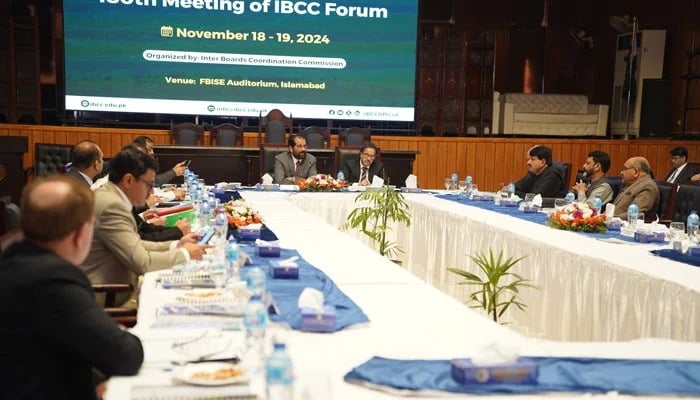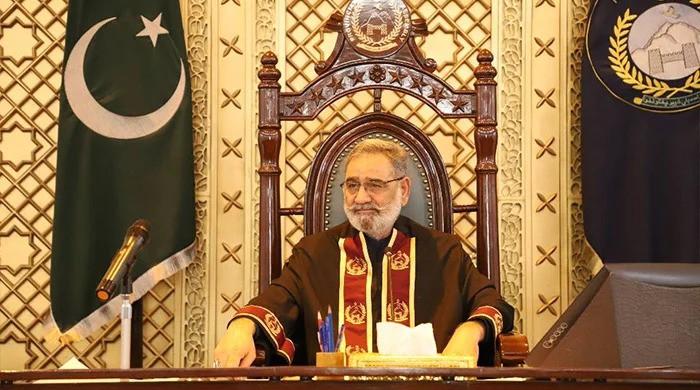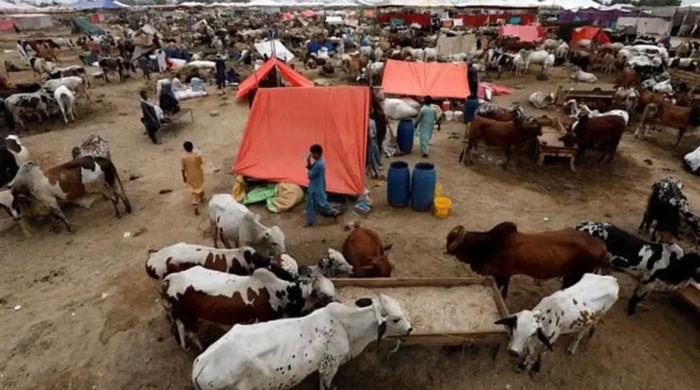In bid to facilitate students, passing, grace marks raised for all boards across Pakistan
Updated passing and grace marks policy to officially take effect from 2025 academic year
November 20, 2024

- Grace and passing marks increased to improve promotion rate.
- Students failing in more than two subjects ineligible for facility.
- “Orphan status” column will now be added to registration forms.
The government has raised the passing and grace marks for matric and intermediate students for all the boards across the nation under the new grading formula to encourage students and improve the promotion rate.
The Inter-Board Coordination Committee (IBCC) finalised a decision to this effect during a meeting with the representatives from all the educational boards at the Federal Board of Intermediate and Secondary Education (FBISE) on Wednesday.
The passing marks for each subject will be raised from 33 to 40, while the grace marks — previously limited to three — have now been increased to five. The changes are applicable from the 2025 examinations onwards.
According to IBCC officials, students who previously scored 30 marks in a subject were granted 3 grace marks to pass. Under the revised rules, students scoring 35 marks will receive 5 grace marks to meet the new passing threshold.
However, the IBCC clarified that the provision of grace marks would be limited. Students failing in more than two subjects will not be eligible for grace marks, ensuring that the system is not overly lenient.
This development follows several announcements made yesterday, including a landmark decision was made to align examination schedules nationwide.
From 2025, matriculation exams will commence in March, followed by intermediate exams in April. Results for matric and intermediate levels will be announced in June and July, respectively.
This uniform schedule is intended to streamline academic calendars across provinces and address challenges such as delayed university admissions, particularly for medical and dental colleges.
The meeting highlighted progress on the Model Assessment Framework (MAF), a tool designed to standardise assessment practices across regions.
The development of a Digital Question Item Bank, aligned with the MAF, was also endorsed. These measures aim to ensure consistency and modernisation in examination systems.
To make education more accessible, the IBCC approved a waiver of registration and examination fees for orphan students.
An “orphan status” column will now be added to examination registration forms to provide targeted support for these learners.
The reforms complement the new 10-point grading scale announced last month for Secondary School Certificate (SSC) and Higher Secondary School Certificate (HSSC) examinations.
The updated scale replaces the previous 7-point system and aims to promote fairness and reduce grade inflation.











